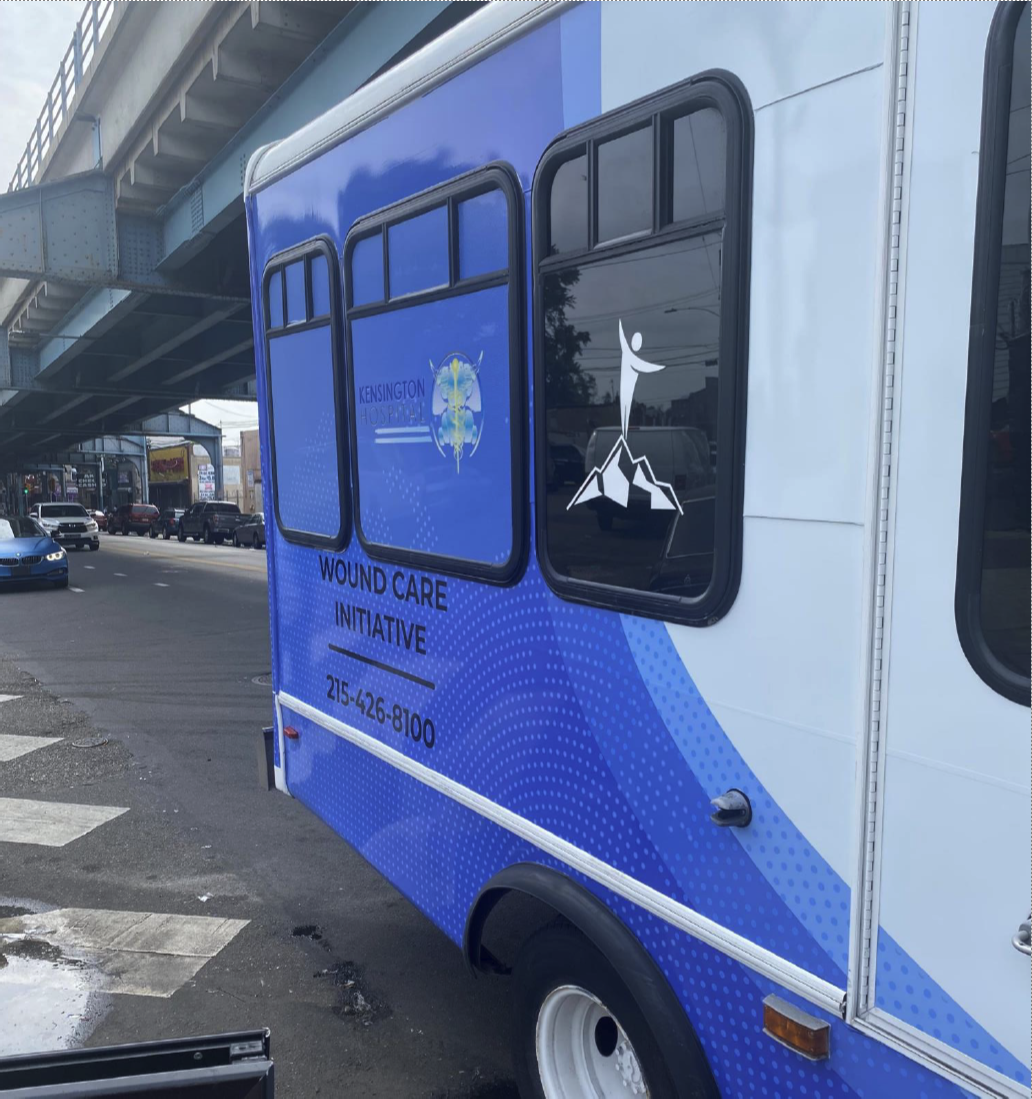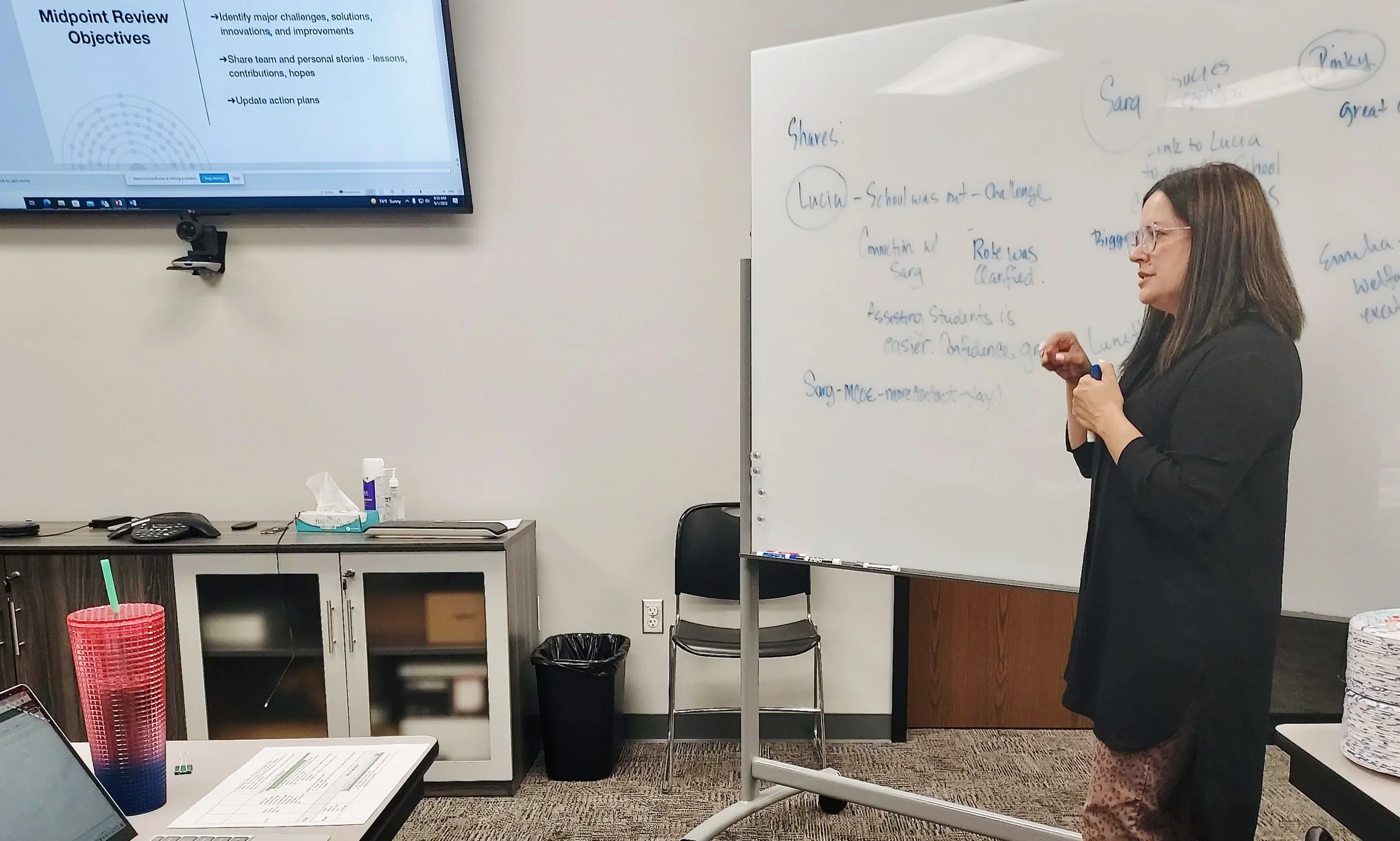Heading Towards Zero – Connecticut's Story
A movement of communities
Zero: 2016 is a movement of communities working to end veteran homelessness by the end of 2015 and chronic homelessness one year later. Coordinated by Community Solutions, the national effort supports participants in optimizing local resources, tracking progress against monthly housing goals, and accelerating the spread of proven strategies.
Already Connecticut has achieved a major goal, ending chronic veteran homelessness and becoming the first State in the nation to do so.
But the work continues and recently eight Connecticut communities, from across the State, got together for a summit to share, learn and motivate one another as they continue the journey to end chronic homelessness.
The event was organized by the Partnership for Strong Communities and the Connecticut Coalition to End Homelessness, with participation from the US Interagency Council on Homelessness (USICH), the US Department of Housing and Urban Development (HUD), the Connecticut Department of Housing, the Connecticut Department of Mental Health and Addiction Services and Community Solutions.
Around one hundred and seventy people, working for various agencies and non-profits attended the event, which was opened by Connecticut’s Governor Dannel Malloy.
A national leader in the effort to end homelessness
Lisa Tepper Bates is the Executive Director of the Connecticut Coalition to End Homelessness and reinforced Governor Malloy’s words giving insight in to why Connecticut is doing so well, “Connecticut is a national leader in efforts to end homelessness and that is due in no small part to the vision and commitment of Governor Dannel Malloy. The Governor and his administration have invested more in affordable housing in Connecticut than the previous three administrations. That is why Connecticut was the first State in the nation to end chronic homelessness for Veterans and we are well on our way to ending chronic homelessness for good in Connecticut by the end of 2016.”
Revised Zero: 2016 housing goal figures for the State were released at the summit event with just over eleven hundred chronically homeless families and individuals needing to be housed by the end of 2016. Connecticut’s communities have already been hard at work, housing four hundred and eighty chronically homeless individuals throughout the State between January and September 2015.
Alicia Woodsby is the Executive Director for the Partnership for Strong Communities and reminded attendees how far everyone had come, “In 2012, Connecticut entered a new phase in its work to end homelessness when it launched Opening Doors-Connecticut, an effort that follows the national Opening Doors model to align the efforts of local partners and the State in order to reach the goals of ending chronic homelessness and Veterans homelessness in 5 years and ending homelessness among children, families and youth in 10 years. Today we’re celebrating the success of how far we have come in such a short amount of time in reaching and exceeding some of our targets while recognizing that there is still much work to be done if we are to meet and sustain these goals. Thanks especially to the community providers whose hard work and dedication have gotten us this far and will drive us to the finish line.”
The Summit was also an opportunity to bring the communities together and the Rapid Results Institute, a key partner in helping to bring about change through its unique methodology, was on hand to facilitate workshops.
RRI Senior Catalyst and summit facilitator, Kristin Sulewski, explained what the community teams were getting from attending the summit, “The teams focused on articulating their theory of change for how to collectively achieve an end to chronic homelessness. The important thing is that they all agree on what they are working towards and also come to a common understanding on what the major buckets of work are to reach that common aim. In reality, these teams could work on any number of things over the next 14 months on their journey to end chronic homelessness. But we try to help them narrow in on which activities and process changes can truly have the most impact on their progress. Also, this type of event is helpful for them because it gives them a moment to stop and reflect on what they’ve tried, how it’s worked or not, and what they need to focus on next, in both the short and long term.”
The summit allowed participants, local and national partners to talk to one another in a way that isn’t possible on a day to day basis because of distance and work commitments and Community Solutions, National Movements Manager, Linda Kaufman was not only pleased with Connecticut’s progress but with what she’s seeing happening across the nation.
The journey to end homelessness, in all its forms in the United States, is a massive undertaking; but with more and more States announcing each week they are ending elements of homelessness, together with the commitment of national and local partners using innovative 100 Day Challenges, what was once considered impossible doesn’t seem impossible anymore.

















